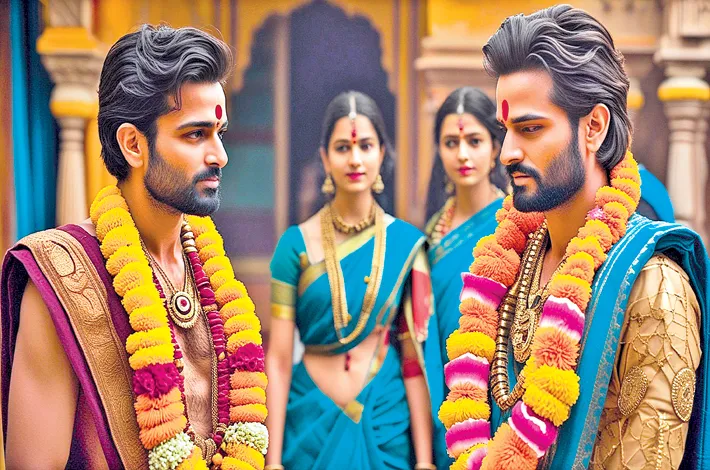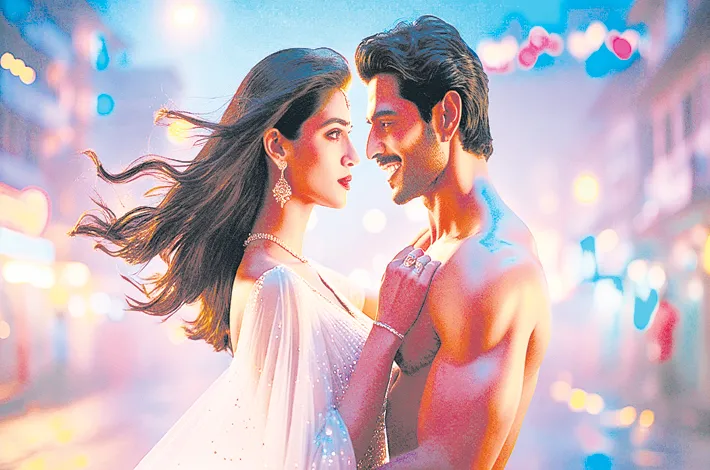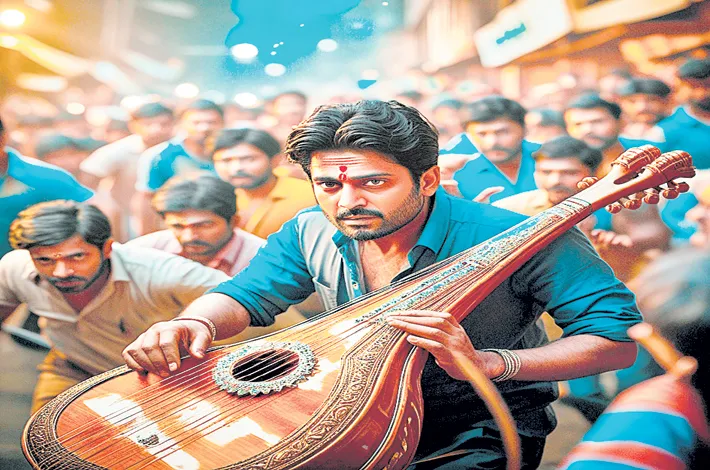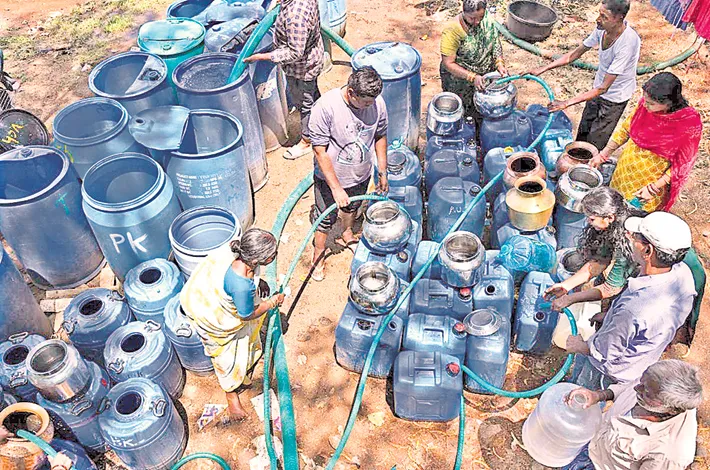Infatuation and Platonic Love: A Journey Through the Cultural Heart of India
03-02-2025 12:00:00 AM

India, with its rich tapestry of culture, tradition, and diversity, serves as an intriguing backdrop to explore the nuances of human emotions like infatuation and platonic love. Both concepts, while universal, manifest uniquely here, influenced by the country's deep-rooted values, myriad languages, and the confluence of ancient and modern life.
Infatuation in the Indian Context
Infatuation, often described as an intense but short-lived passion or admiration for someone, takes on various forms across India's diverse cultural landscape. In Bollywood, India's cinematic powerhouse, infatuation is romanticized to the hilt. The vibrant dance sequences, melodious songs, and dramatic plot twists often depict infatuation as the precursor to true love, perhaps more than anywhere else in the world. Here, the initial spark of attraction is celebrated with an almost mythological fervor, where love at first sight, or "puppy love," becomes a narrative staple.
However, outside the silver screen, infatuation in India can be more complex. In urban centers like Mumbai or Bangalore, where modernity meets tradition, young individuals might experience infatuation in a way that balances between Westernized ideas of love and the conservative ethos of Indian families.
The emotions might be intense, but they are often tempered by societal expectations regarding marriage, caste, and community approval. For instance, a young couple might feel the rush of infatuation but will often navigate it through the lens of family acceptance or the feasibility of a future together within the cultural norms.
In rural India, where traditional values hold stronger sway, infatuation might be less openly expressed due to the close-knit nature of communities. Here, stories of young love often come with a backdrop of elopement or the struggle against arranged marriages, highlighting how infatuation can be both a source of joy and sorrow.
Platonic Love in India's Cultural Fabric
Platonic love, on the other hand, has a profound presence in Indian culture, often extending beyond romantic contexts into familial, spiritual, and societal realms. This form of love is deeply embedded in the philosophy of "satsang," where companionship is valued for the purity of connection rather than romantic intent.
In the ancient texts like the Bhagavad Gita and the Upanishads, the concept of platonic love is explored as divine love or "bhakti," where love for the divine or for humanity transcends physical attraction. This spiritual dimension of love is reflected in numerous friendships and relationships throughout Indian history and mythology, like the bond between Krishna and Arjuna, where mentorship, respect, and affection intertwine without romantic elements.
In contemporary India, platonic love manifests in various ways. The bond between school friends, who grow up navigating the complexities of Indian educational systems, often turns into lifelong friendships. These relationships are platonic, marked by shared dreams, cultural festivals, and the collective experience of growing up in a society where community is central.
In cities, with their cosmopolitan vibe, platonic love might be seen in the form of mentorships, where gurus or older colleagues pass down knowledge and life wisdom to the younger generation. These relationships are grounded in respect, admiration, and sometimes, a sense of duty towards each other's growth.
Moreover, the joint family system, still prevalent in many parts of India, showcases platonic love in its daily interactions. Here, cousins, siblings, and even distant relatives share a bond that is more about companionship, support, and mutual respect than any romantic connection.
Infatuation vs. Platonic Love: A Cultural Dance
The interplay between infatuation and platonic love in India is like a dance between the ephemeral and the eternal. Infatuation, with its fiery, transient nature, often leads to moments of cultural drama, whether in cinema or real life, where young hearts are caught in the whirlwind of emotions, sometimes leading to societal conflicts or personal growth.
Platonic love, conversely, provides a counterbalance with its stability and depth. It's the love that builds communities, supports through life's trials, and celebrates success without the need for physical closeness. It's the silent, enduring force in India's social fabric, from the bustling bazaars of Delhi to the serene backwaters of Kerala.
In conclusion, both infatuation and platonic love in India are not just emotional states but are deeply interwoven with cultural, social, and philosophical threads. They reflect the Indian ethos of balancing passion with wisdom, desire with duty, and the individual with the collective. Through this lens, one can appreciate how these two forms of love not only shape personal relationships but also define the broader narrative of love, life, and connection in the vibrant mosaic that is India.








